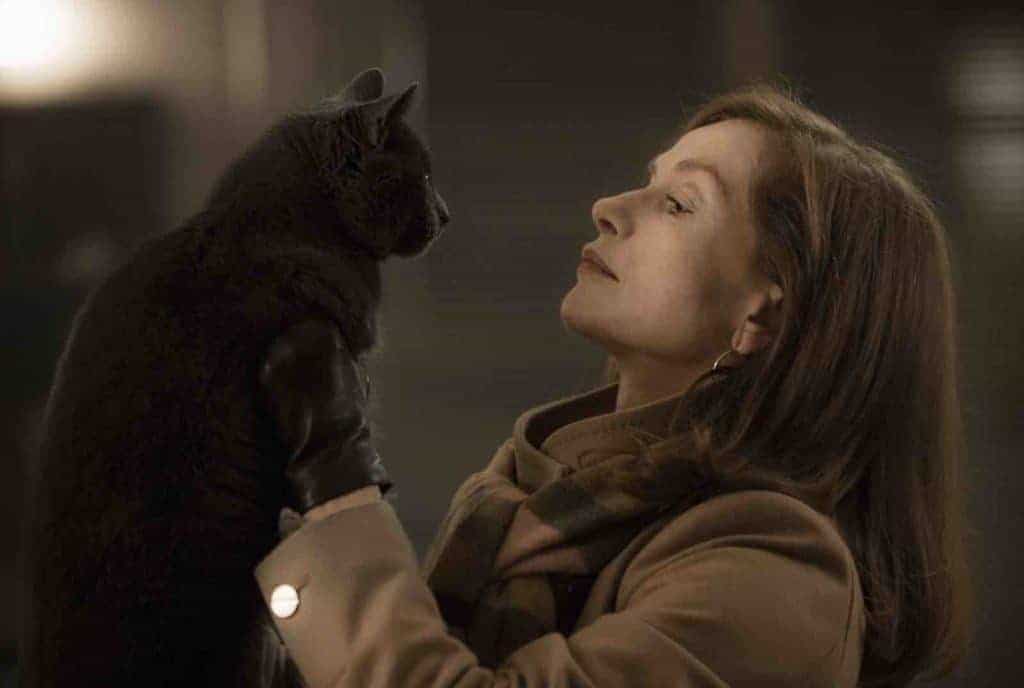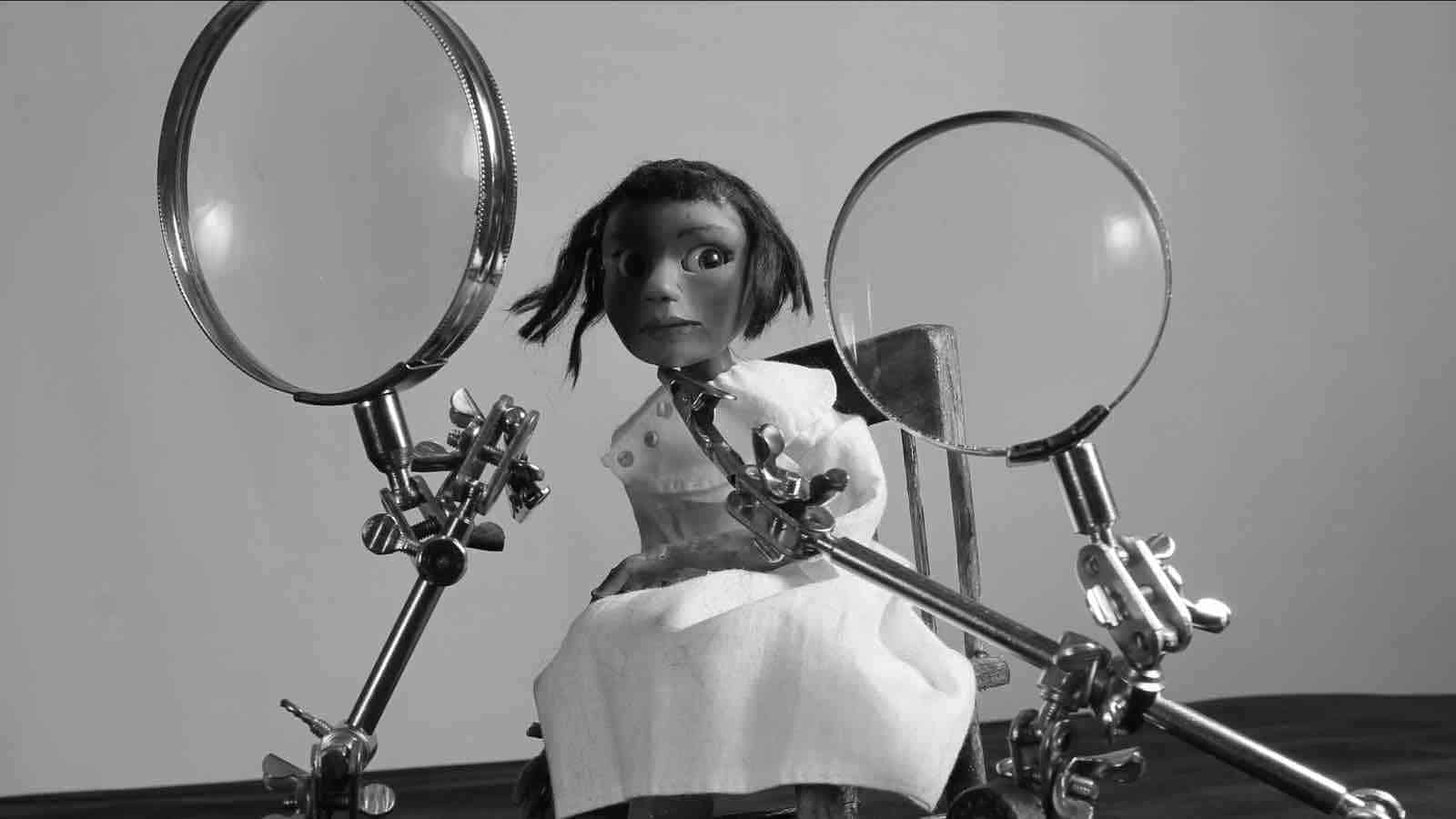In Paul Verhoeven’s Elle, Isabelle Huppert plays an acerbic, high-powered woman recovering from rape by taking back control. The film screens in the Special Presentations Program at the Toronto International Film Festival.

The day after Michèle (Isabelle Huppert) was raped, she calmly eviscerates one of her arrogant employees (Lucas Prisor), who is rudely trying to undermine her. You’d never guess that she’d just been through something traumatic, but then, Michèle is an expert at hiding what’s really going on. At the end of the takedown, another employee chimes in that he loves her. It’s hard not to agree with him. She’s confident, self-assured, dryly and darkly witty, and she’s effortlessly chic while doing it. But she’s prickly, easily making enemies.
In fact, she’s just the kind of person that a certain kind of misogynist might say “had it coming.” Despite opening the film with first the sounds of and then the last remains of a brutal rape scene, director Paul Verhoeven and screenwriter David Birke wouldn’t agree, and neither can we. A few seconds after her rapist leaves, she gets up, sweeps up the broken glass, and takes a bath. But the act is more a symbol of her attempt to sweep it all away than its effect on her psyche. She may not break down, become dysfunctional, or even appear that different to those around her. But the trauma permeates every scene, and Huppert rises to the challenge of letting us know what she’s thinking in a way that’s barely palpable to those around her.
She was wearing a low-necked, clingy dress when she was raped. After her bath, she changes into its polar opposite: a baggy, comfy sweater. It’s not until mid-way through the film that she bares even a collar-bone again, let alone cleavage. When her adult son (Jonas Bloquet) visits for dinner that night, her body language is closed, her arms folded, and her mind is prone to drifting. He mistakes this for a bad mood in his usually acerbic mother, but when we see her zone out for a minute, we know where her thoughts lie. Even her married lover, who is party to the fact that she was raped, takes her declaration of being fine at face value, trying to continue their affair with no consideration for her feelings — isn’t she an ice queen anyway?
Michèle is someone who is used to being in control. She decided when her marriage ended. She’s in charge of her affair with a married man. She’s the boss at work. And she’s going to decide where her son lives. Yet the rape stirs up old wounds, most notably among them the fact that she hasn’t seen her father since she was seven, because he’s been locked up for committing multiple murders. And it leads to unexpected behaviour as she works to regain control in the aftermath of her assault. Fittingly, it’s through her black humour that we can tell just how deeply she’s been bruised: there’s nothing like a sarcastic joke, if you’re looking for the truth.
—
Paul Verhoeven’s Elle screens in the Special Presentations Program at TIFF on Fri. Sept. 9 at 5:30 p.m. (Elgin Theatre) and Sat. Sept. 10 at 9 a.m. (TIFF Bell Lightbox). Verhoeven and Huppert will be attending the festival and are expected to give a Q&A after the screenings.

